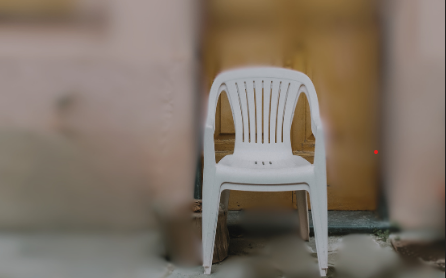Introduction
In our constantly changing world, understanding and valuing human rights has never been more crucial. Museums worldwide play an indispensable role in preserving and conveying the narratives of our collective past, educating visitors on the victories and struggles of individuals and communities alike. Join us on a global expedition to uncover museums that illuminate human rights issues from various parts of the planet.
1-Canadian Museum for Human Rights (Winnipeg, Canada) Constructed at a cost exceeding $350 million and inaugurated in 2014, this monumental museum organizes its exhibits around themes such as women’s rights and collective rights. Despite initial controversies, it provides deep insights into both human rights abuses and advancements. (https://humanrights.ca/)
2-National Center for Civil and Human Rights (Atlanta, United States) Featuring Dr. Martin Luther King Jr.’s personal artifacts, this emblematic museum, which opened its doors in 2014, explores civil rights through interactive exhibits on segregation alongside a global human rights perspective. (https://www.civilandhumanrights.org/)
3-Museum of Memory and Human Rights (Santiago, Chile) Since its establishment in 2010, this Chilean museum has recounted the story of human rights violations under Augusto Pinochet’s dictatorship. Its exhibits include video recordings, historical newspapers, and interactive presentations. (https://mmdh.cl/)
4-International Civil Rights Center and Museum (Greensboro, United States) Situated at the site of the 1960 Greensboro sit-ins, this museum, established in 1993, offers education on the history of segregation through reenactments, videos, and authentic artifacts. (https://www.sitinmovement.org/)
5-The National Human Rights Museum (Green Island and Xindian, Taiwan) Launched in 2018, this Taiwanese museum focuses on the White Terror and Martial Law periods, utilizing locations like Green Island and Xindian to teach visitors about human rights abuses. (https://www.nhrm.gov.tw/)

6-Tenkil Museum (Frankfurt, Germany) A vivid reminder of the capacity for violence and inhumanity, the Tenkil Museum concentrates on the systematic repression by the current Turkish government, offering exhibits and workshops that reflect the ongoing resistance. (https://tenkilmuseum.com/)
7-Auschwitz-Birkenau Memorial and Museum (Oswiecim, Poland) This site functions as both a memorial and a museum, preserving the legacy of Nazi concentration camps and facilitating Holocaust research, showcasing relics uncovered post-liberation. (https://www.auschwitz.org/en/)
8-Anne Frank House (Amsterdam, Netherlands) Occupying a 17th-century canal house where Anne Frank and her family sought refuge during World War II, this museum, established in 1960, features a permanent exhibit dedicated to Anne Frank’s life, along with exhibitions on discrimination and persecution. (https://www.annefrank.org/en/)
9-The Ponce Massacre Museum (Ponce, Puerto Rico) This museum, which delves into the tragic Ponce Massacre of 1937 and is listed in the US National Register of Historic Places, includes a segment on Nationalist leader Pedro Albizu Campos and displays photographs from the era.
10-Hiroshima Peace Memorial Park (Hiroshima, Japan) Dedicated to memorializing the atomic bomb’s impact, this park encompasses a museum that narrates the events in Hiroshima and Nagasaki through survivor accounts and personal items. (https://hpmmuseum.jp/)
11-Tuol Sleng Genocide Museum (Phnom Penh, Cambodia) Housed in a former prison, this museum reveals the atrocities of Pol Pot’s regime in Cambodia, showcasing paintings by survivors and thousands of photographs. [https://tuolsleng.gov.kh/en/](https://tuolsleng.gov.kh/en/)
12-South Africa’s Apartheid Museum (Johannesburg, South Africa) Since its inauguration in 2001, this museum has delved into the apartheid era, using exhibits like “Race Classification” to depict the harsh realities of segregation. (https://www.apartheidmuseum.org/)
Conclusion
These museums serve as potent reminders of the enduring strength of the human spirit and the continuous quest for justice. Visiting these sites allows us to pay homage to the past while contributing to a future founded on knowledge, compassion, and respect for human rights.





